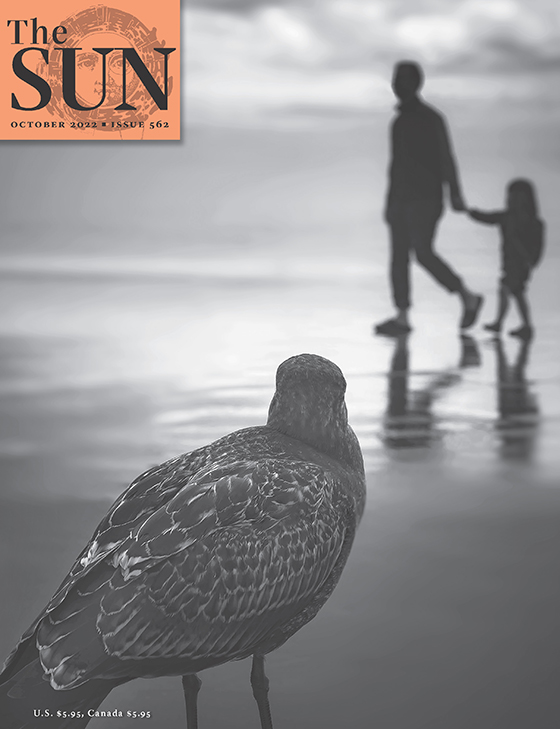His radiation was almost over so I drove Dad to Elijah’s, a grill on the Cape Fear known for crabcakes and oyster stew. He insisted on treating me. “Hell, you’re a father, poor as I was at your age — which is too damn long ago.” Out my car window, the skeletal frames of condominiums rising; out his, the river, cypress swamp, alligator holes. “Mondo condo,” I nodded. “Niggerhead Road, it used to be called,” he said. “When black folks spoke up about housing laws in 1898, the so-called town fathers mounted five or six heads on pine stakes out here.” He lit another cigarette from the butt of the last. “To show the rest the one and only way out of town if they didn’t shut the hell up.” I had crabcakes; Dad stuck to coffee and smoke. What else did he want for Father’s Day? He smiled at oyster shells heaped on the wharf: “1937,” plucking the bill from my hands. “Your mother and I miss 1937. Now drive,” he ordered, “past Bellevue” — a cemetery closed since 1918, when influenza filled the one meadow not taken by mass graves for yellow fever or typhus. I’d foraged Bellevue for wild asparagus and puffballs big as baby skulls fifteen years ago: we weren’t talking much then. “Expect town houses here, too, next time you come,” he said. “The bastards who bought it had grandfathers who were white headhunters in 1898.” I stopped at the gate. Dad never touched the wild food I took off these graves, claiming I’d walked out on too many war stories. Now I was looking to him to talk, talk and not stop. “Is that a white balloon,” he squinted, “floating over that gravestone down there? Pull on in, son, nobody’s going to bother with a half- dead old fool taking his grown boy to see a damn balloon on a grave on Sunday.”
Independent, Reader-Supported Publishing
Poetry
Father’s Day 1989
Free Trial Issue
Are you ready for a closer look at The Sun?
Request a free trial, and we’ll mail you a print copy of this month’s issue. Plus you’ll get full online access — including 50 years of archives. Request A Free Issue
Request a free trial, and we’ll mail you a print copy of this month’s issue. Plus you’ll get full online access — including 50 years of archives. Request A Free Issue
Also In This Issue
January 1997
close




